Blog
Live your best life, sober and happy.
Understanding Post-Acute Withdrawal Syndrome: Navigating the Road to Recovery

Starting a new journey towards sobriety from drugs or alcohol is a courageous step that requires a lot of strength and perseverance.
And the path to recovery is more challenging than the initial hangover and withdrawal phase.
Post-Acute Withdrawal Syndrome (PAWS) can create bigger obstacles for your sobriety and you may not even know it's happening.
We're getting into the world of Post-Acute Withdrawal Syndrome, what it is, how it affects you, and effective ways to navigate the challenge.
What is Post-Acute Withdrawal Syndrome (PAWS)?
Post-Acute Withdrawal Syndrome, often abbreviated as PAWS, is a prolonged withdrawal syndrome that some people experience after the initial withdrawal or detox stage.
While the acute (immediate) withdrawal phase typically lasts for a few days to a couple of weeks, PAWS can persist for several months, even up to a year.
PAWS happens because of neurological changes caused by substance abuse.
With continued substance use, the brain changes because...
How To Forgive Yourself
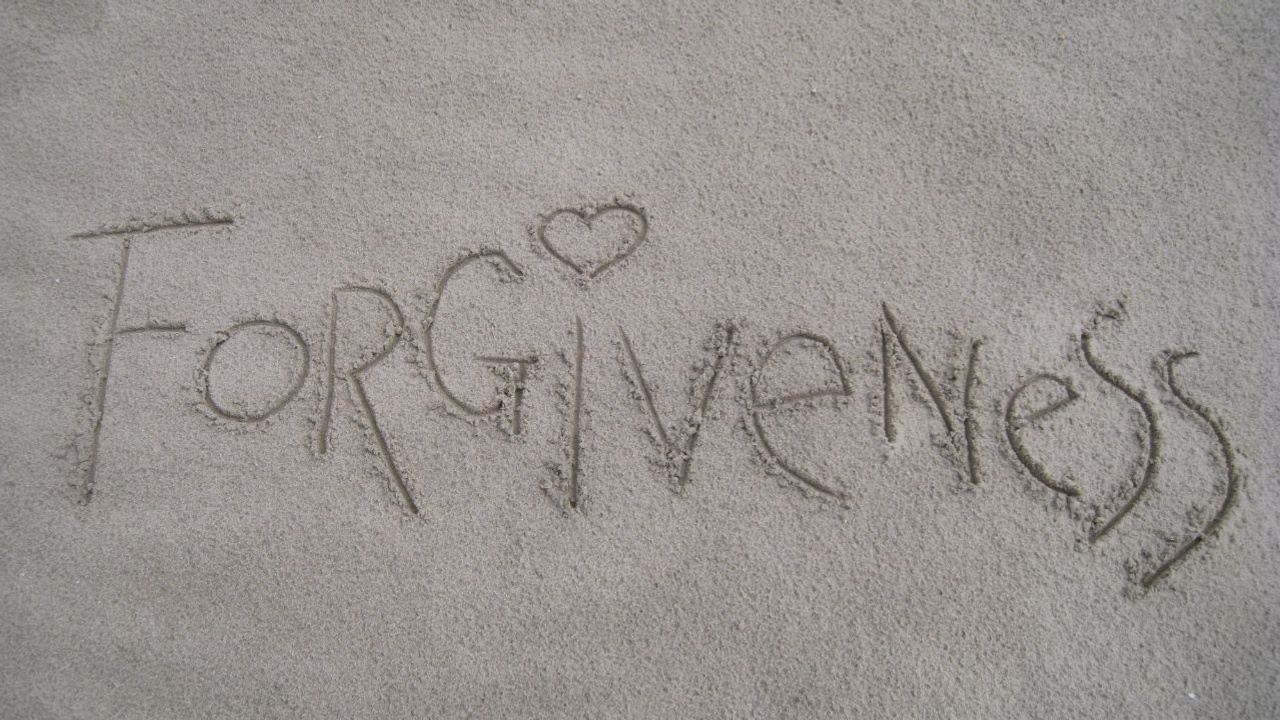
This is one of the biggest hurdles I see people struggle with when trying to stay sober- it’s the guilt and shame of choices you’ve made in the past, and figuring out how to forgive yourself so you can move forward.
It feels like a 5000 pound blanket weighing you down, making it feel impossible to move, and impossible to heal.
💣Truth Bomb: You can not move forward in your life if you spend all of your time looking back.
But if your desire is to move forward and create a new life, you have to look forward and focus on what that new life, and new version of you, is going to look like.
Then you create that.
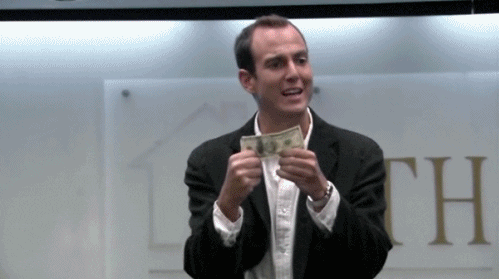
When I say create it, I mean, if you see yourself as the green smoothie drinking yoga mom – take the steps that get you closer to being that person.
Start making some smoothies and go to yoga! It doesn't mean the transition happens overnight and you nail it from the first try - it means you decide that's the lifestyle you want, so you spend some time looking up some smoot...
Awesome Coping Skills & How To Deal With Feelings
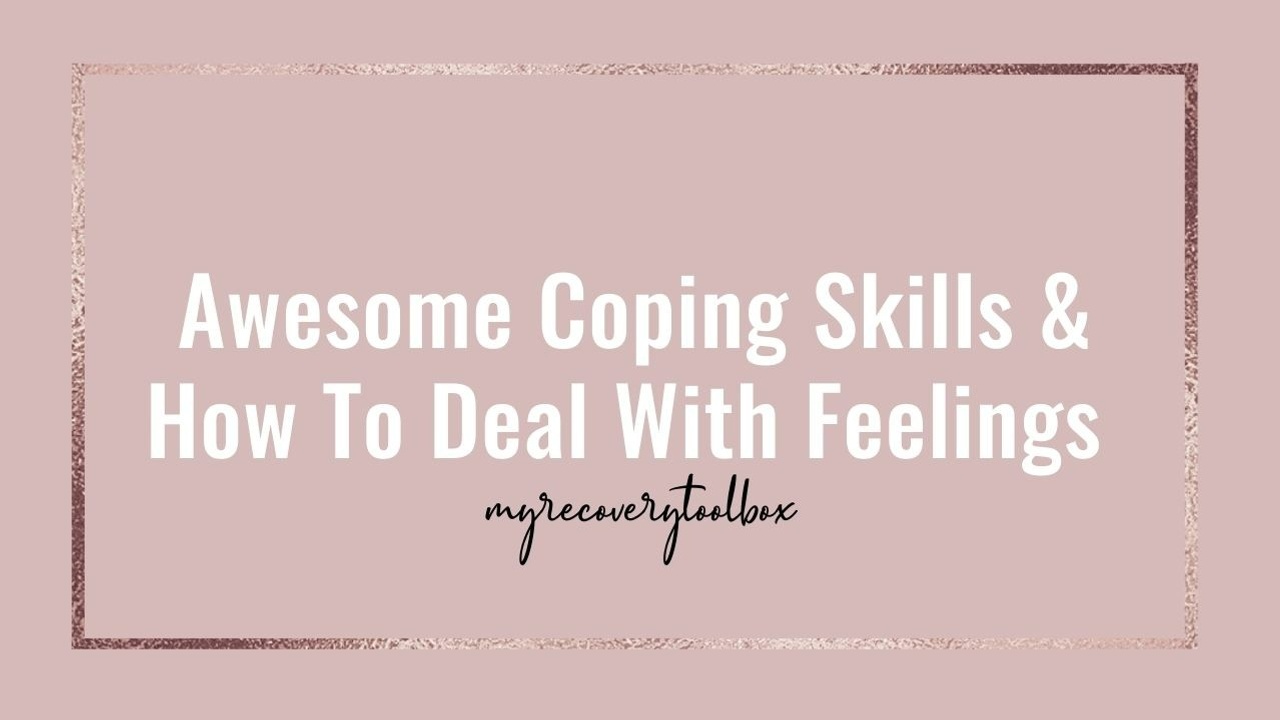
Dealing With Feelings
Mastering your own recovery is how you master your life. Because with the skills you learn on a journey of personal development will allow you to master every area of your life.
Regardless what you are recovering from, you have to take action and start solving a host of problems.
Remember, drinking (or sex, gambling, food, drugs, shopping) is a symptom.
The real problem is the underlying discomfort that pushes you to self-medicate the feelings that you otherwise don’t know how to cope with.
Let’s start with the basics.
First: Feelings come and go.
We all feel a thousand different emotions throughout the day. Some last for a few seconds, some might linger a while and become a mood.
But they come and go.
I say this first because I want you to be clear on this. We have a tendency, especially with negative feelings, to act like it's going to last the rest of our lives.
But what is FACT about feelings?
It all passes. Your bad feelings and moods will pass...
How To Make Alcohol Cravings Way Easier

Alcohol Cravings
You’re cruising along in your day feeling good, just minding your business, when all of a sudden the thought of a drink pops in your head.
Where the heck did that come from?
You don’t want to drink- you understand it tried to ruin your life and you don’t do it well- but now the thought is in your head, and it's getting bigger.
Maybe you can control it now.
You could drink today and no one would even know.
You could just have one, that’s easy to hide.
WTF?!?
Well, here’s the deal- cravings are totally normal.
Having a craving doesn’t mean there is something wrong with you or that you are doing sobriety wrong- it doesn’t mean you are weak or that your program isn’t working- in fact, cravings are, largely, a learned response.
Meaning, we condition ourselves to associate certain things with drinking.
When you think about certain places, people, or events, you connect those things to alcohol. When your brain is triggered by a thought or memory of one of ...
Unlock 3 Unexpected Factors To Secure Awesome Recovery
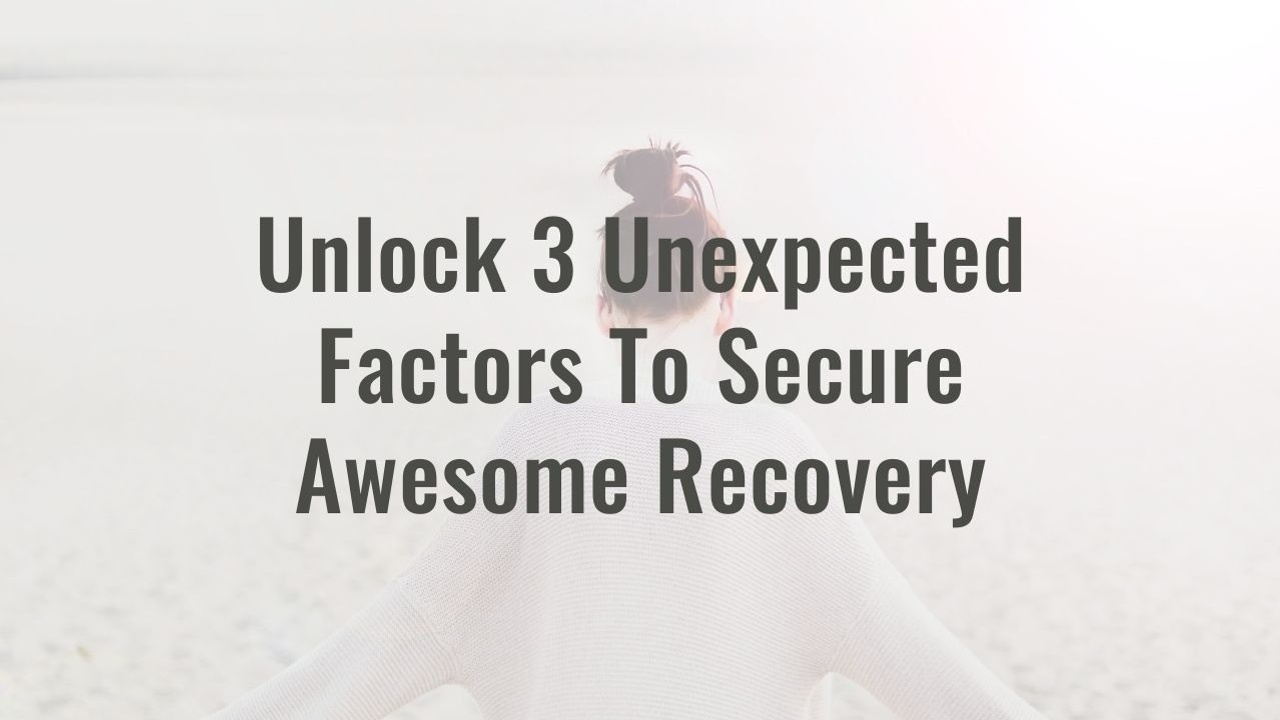
We've all had that stuck feeling in our lives. Like we are on a rollercoaster and can't make it stop... up... and down... and all around...
When the spiral gets bad enough you decide in a moment of desperation that you simply can't live like this anymore. You have to change.
It doesn't matter if it's drugs or alcohol, food, or relationships. When you hit that rock bottom moment and understand you can't keep doing things the way you've been doing them, you figure out a solution and take action.
The problem is, change isn't easy and it's definitely not fast.
Maybe you don't feel like change is happening fast enough, or you feel like you're doing it wrong, or you feel like it's so hard that you want to give up. Before you know it, you end up right back where you started. Rock bottom.
And you decide again that you have to change... you have to do it differently this time... and this time has to be different.
- You quit drinking.
- You walked away from the relationship.
- You stoppe...
10 Life-Changing Habits You Can Start Today
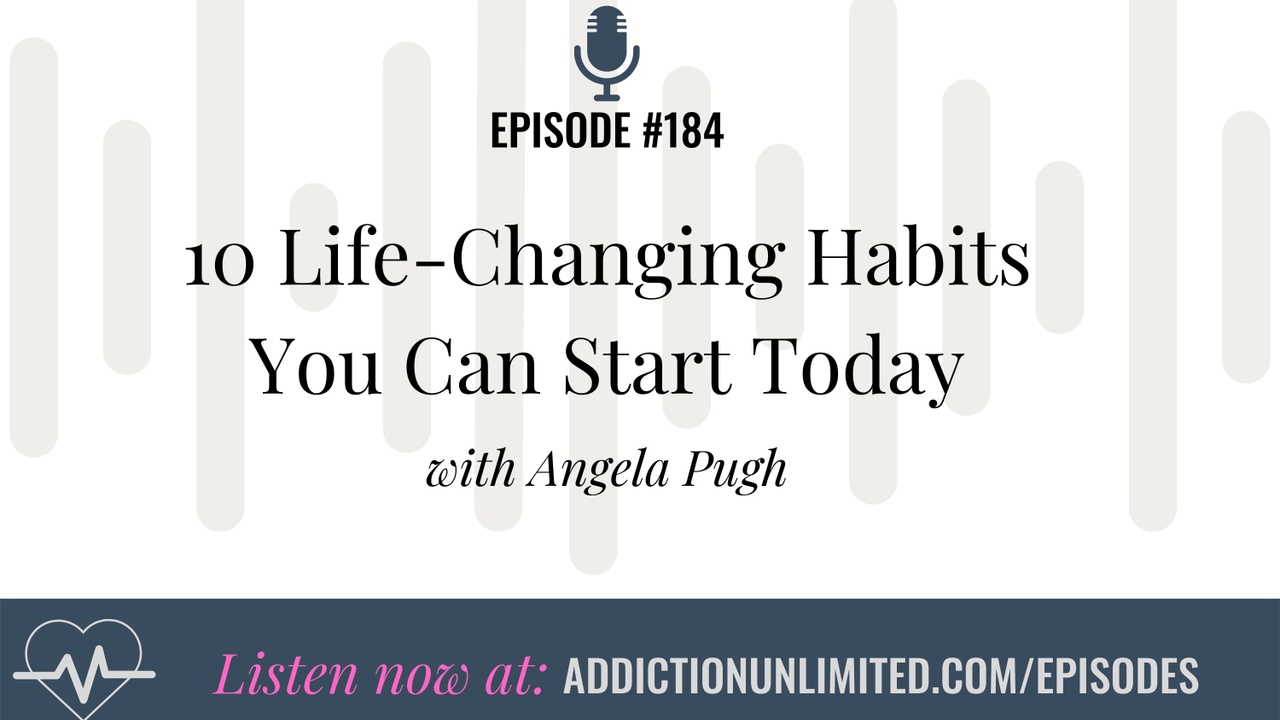
For those of us who love to constantly improve ourselves it's good to know there is no shortage of information on the internet to keep us busy getting healthy. Mentally, and physically.
In my blog and article research one day I came across this fantastic article on Medium, and decided to share it with my audience.
If you want to listen to the podcast episode, you'll find a player right above this post 👆, or, you can find it here.
Creating a life you love doesn’t happen overnight.
Unfortunately, we are so wired for instant gratification that when we don’t get instant results we easily fall into complaining about how hard everything is and, usually, give up and stop trying.
But before you can start creating the life of your dreams, you have to get some clarity on what you want your life to look like.
- Who do you want to be?
- How do you want to feel?
- What do you want your work to look like?
- What do you want to do in your free time?
- What type of life do you want to provide f ...
Emerging Technique, ART, Could Be A Game Changer In Treating Trauma

The numbers are staggering.
70% of adults in the U.S., or 223.4 million people, have experienced some type of traumatic experience at least once in their lives.
70% 🙀
There is a definite correlation between trauma and addiction, and it's a cycle that feeds itself. Exposure to trauma has been linked to substance abuse, and people with substance abuse disorders are more likely to experience trauma. And the cycle continues...
Substance >> trauma>> trauma >> substance...
The Facts on Trauma and SUDs
The connection between SUDs and trauma span a wide range of populations, types of trauma, and types of SUDs. For example:
- 5% of individuals with post-traumatic stress disorder (PTSD) also met criteria for a substance use disorder diagnosis.
- One-quarter to three-quarters of people who have survived abusive or violent traumatic experiences report problematic alcohol use.
- One-tenth to one-third of people who survive accidents, illness-related, or disaster-related traumatic events ...
The Difference Between Sobriety & Recovery
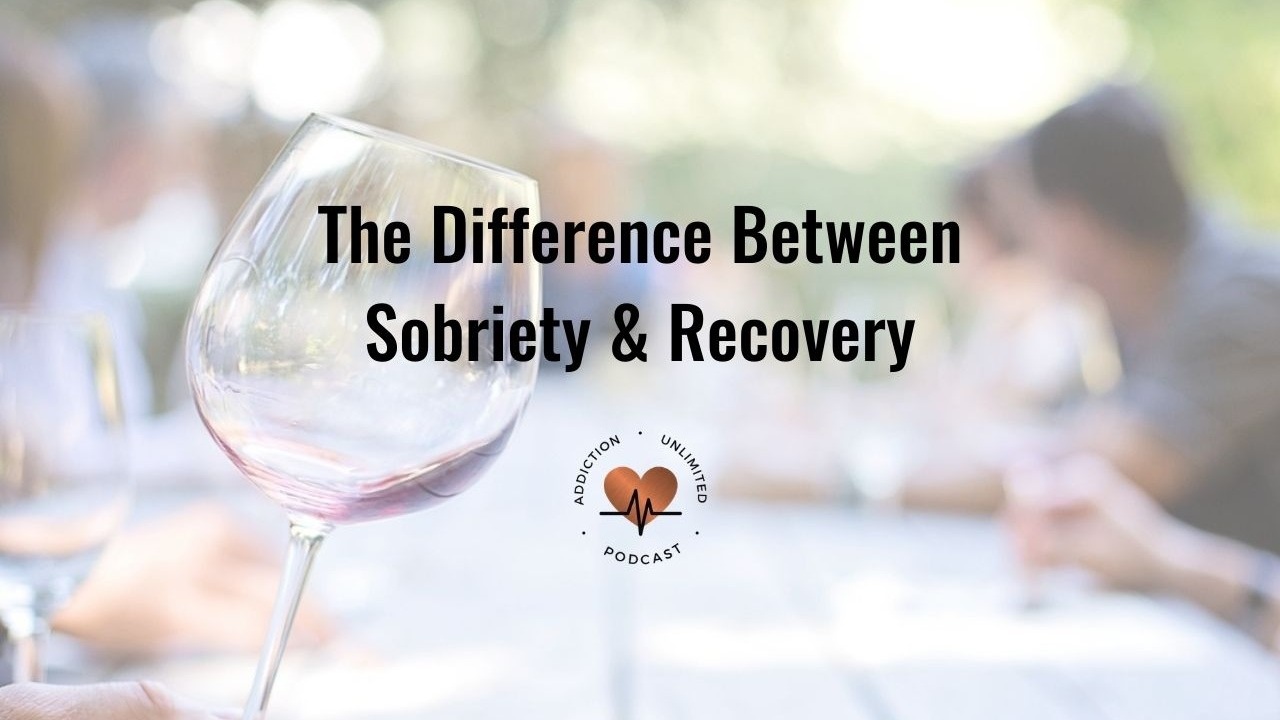
The difference between sobriety and recovery. Not many people think about it in this way, but these two things are not the same.
For me, I had to get sober before I could recover and I think this is true for most people.
Sobriety
Sobriety is stopping the substance.
In twelve steps, it is recommended that you don’t make any major life changes in your first year of sobriety.
It's not because we have some overwhelming desire to control you and your life. It's because in your first year you want your focus and energy to go into NOT DRINKING. Period.
I’m not talking about changes like changing your toothpaste. But big changes like starting or ending a relationship, a new job, moving to a new city- these changes disrupt your life and routine. They can also create additional stress, anxiety, overwhelm, and general discomfort.
You don't want situations and activities that are going to cause you to have high highs, or low lows. You want to stay even, because highs and lows are going to ...
The Instant Gratification Trap

I have been a Life Coach for many years.
I've worked with people for all kinds of things, setting job goals and creating strategy around that, recovering from a divorce and starting life over, recovering from significant weight loss and building self esteem in that new life, empty nesters recovering from children and adapting to a new way of life and figuring out what that's going to look like... all of it is a process of recovery, growth and change.
And right now, especially because of this pandemic, we're all having to do a lot of adapting to a new lifestyle.
Through all of the work I've done, with myself and my clients, I consistently see the same mistake.
You wonder why your choices aren't working out for you.
You start to second guess your every decision because it seems like you are always wrong or screwing things up.
It feels like nothing will go your way.
The good news is... you're not crazy. There's nothing wrong with you and you aren't bad at making decisions.
The...
Expectations Are Premeditated Resentments
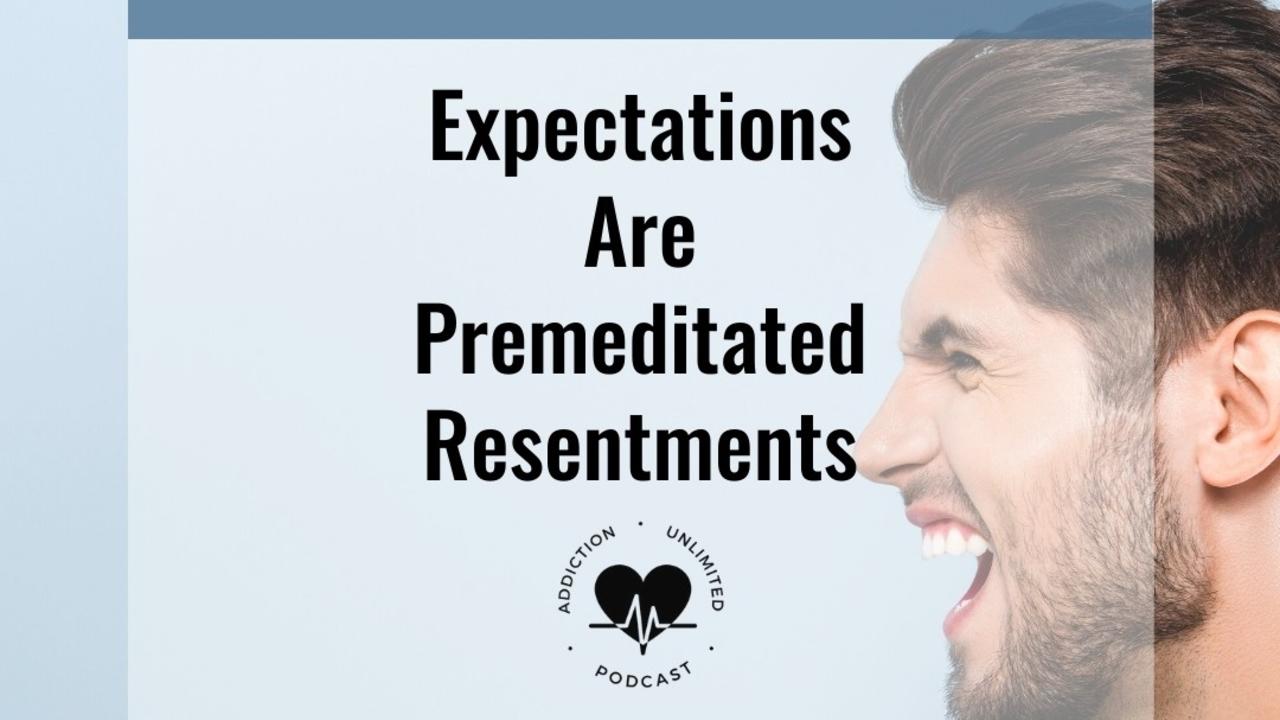
Expectations are premeditated resentments. This always strikes a chord for me when I hear it, of course because there is so much truth in this simple statement.
When I started this journey of recovery, this is yet another piece of my puzzle that I didn’t understand or recognize. I had zero understanding that I put all these expectations on people and outcomes and situations- and then ended up mad when it didn’t go the way I thought it should go.
I know you are going to relate to this, too- because it’s human nature! It is something everyone does. Addiction or no addiction- these expectations are out here running wild in the streets.
Let me give you a simple example- I caught myself in this one, years ago when I just learning about expectations.
I’m driving to my boyfriend's house and I’m excited to see him, he was in a pretty good mood when we were on the phone so I’m thinking I’m going to get there and when I walk in he’s going to give me a fantastic hug and he’s going to be re...






